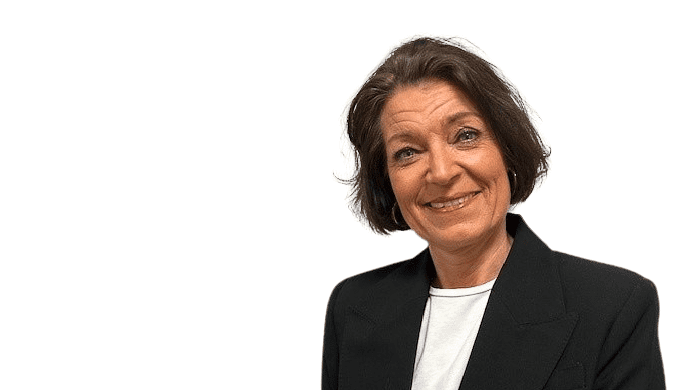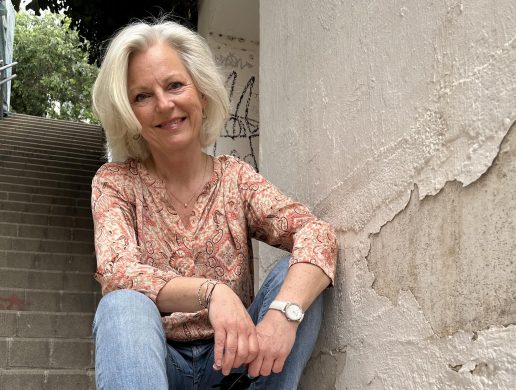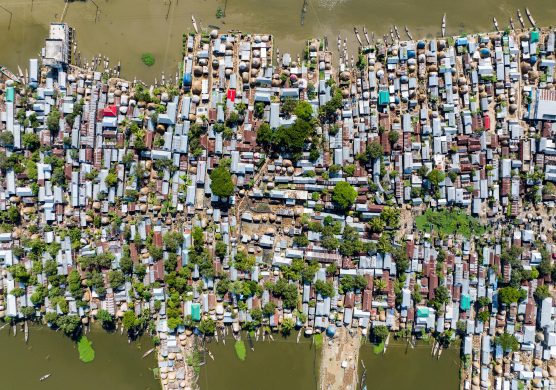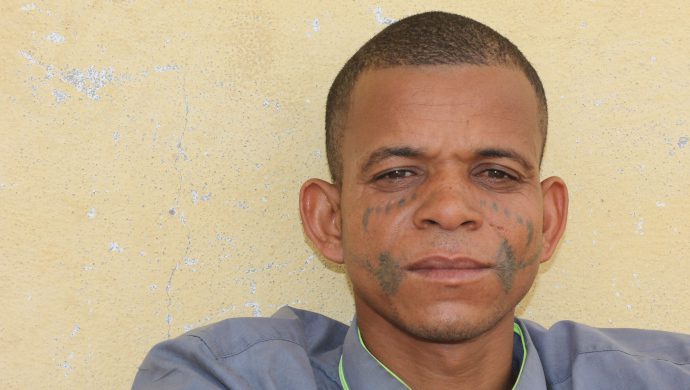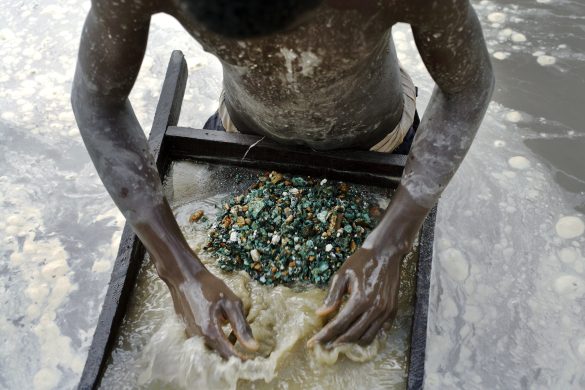Af Sundeep Radesh, U-landsnyt.dk
Danmark indtager for tredje år i træk duksepladsen på listen over mindst korrupte lande. Det står i kontrast til en række lande i Europa som viser en skuffende udvikling
The Corruption Perception Index (CPI) for 2014 is out and perhaps it is of little surprise that Denmark has ranked number one again for the third year in a row. If anything it has raised its score from 90 in 2012, to 91 in 2013 to 92 this year, which is the closest any country has ever come to the maximum 100.
With clear rules governing the behaviour of those in public positions, support for civil society and a strong rule of law, Denmark edged past its closest competitors for the top spot in years past – New Zealand and Finland.
New Zealand had drawn level with Denmark in 2012 and 2013, while Finland had done so in 2012.
Denmark set an example when it recently announced plans to create a public register including beneficial ownership information of all companies incorporated in Denmark. This will make it harder for the corrupt to hide behind companies registered in another person’s name, a serious aspect in fighting corruption.
Lande i Europa i skuffende udvikling
If you are not in Denmark however the results of CPI 2014 are generally discouraging. Europe once considered the gold standard was rife with scandals.
Shoeboxes stuffed with gold bars and millions of dollars led Turkey to suffer one of the biggest falls of this year’s index by 5 points. Incriminating videos, the firing or resignation of government ministers, multiple arrests and sadly, a number of suicides, did not help.
Unfortunately the government’s response by cracking down on its political adversaries and the ‘resignations’ of thousands of police officers and regulators and prosecutors with relatively little discomfort to the corrupt was received with bad taste.
To make matters worse a mining tragedy led to further protests and citizen disapproval.
Speaking about gold a solid gold bread loaf and a golden toilet – both found in ousted president Viktor Yanukovich’s abandoned estate – were potent symbols of the endemic corruption in Ukraine.
That is not to say that Western Europe performed any better. Scandals featured in France, Spain and Italy, and included a former president, a current regional president and members of the royal family, not to mention dozens of politicians and influential business people.
EU citizens also protested against corruption this year in Spain, Romania, Bulgaria, Hungary, Czech Republic and Slovakia.
On the whole however economic stability can be the reason some European countries have remained the same or improved ever so slightly. The reforms in Greece for example, may suggest why it has moved up three points to top up with a seven point improvement in the past two years.
Uk’s Bribery Act may have also been the reason its international image was helped along by two points.
Transparency International og korruptionsindekset
Based out of Berlin and working in over a 100 countries, Transparency International, work with partners in government, business and civil society to put effective measures in place to tackle corruption. One of their most effective annual activities is the publishing of the CPI. The Index measures the perceived levels of public sector corruption worldwide.
“The 2014 Corruption Perceptions Index shows that economic growth is undermined and efforts to stop corruption fade when leaders and high level officials abuse power to appropriate public funds for personal gain,” said José Ugaz, the chair of Transparency International.
Indeed it makes for poor reading when more than two thirds of the 175 countries in the 2014 Corruption Perceptions Index score below 50. The biggest falls were in Turkey (-5), Angola, China, Malawi and Rwanda (all -4).
The biggest improvers were Côte d´Ivoire, Egypt, Saint Vincent and the Grenadines (+5), Afghanistan, Jordan, Mali and Swaziland (+4).
The anti-corruption group is currently running a campaign to Unmask the Corrupt, urging the European Union, United States and G20 countries to follow Denmark’s lead and create public registers that would make clear who really controls, or is the beneficial owner, of every company.








